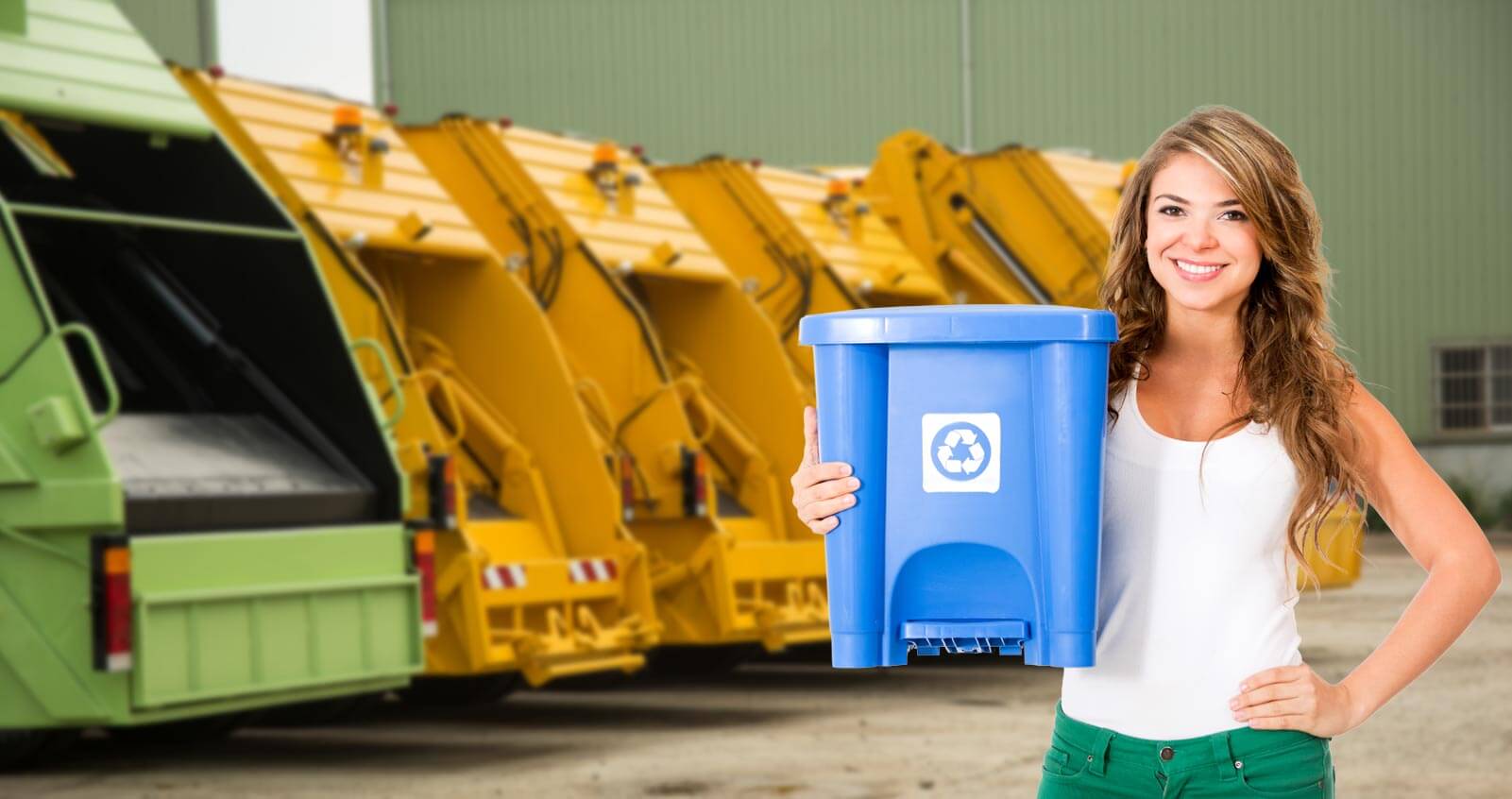Fighting Ocean Plastic Waste
Posted on 18/01/2025
Ocean plastic waste represents one of the most significant environmental challenges of our time. This mounting issue not only threatens marine ecosystems but also impacts human health, economies, and the global climate. Addressing this problem requires a multifaceted approach involving technology, policy, public awareness, and global cooperation.
The Scale of the Problem
To understand the gravity of ocean plastic waste, one needs to grasp the enormous amounts of plastic entering the oceans annually. According to a study published in the journal Science, an estimated 8 million metric tons of plastic waste flow into the oceans every year. The plastic debris ranges from large, visible items like bottles and bags to microplastics, which are fragments less than 5 millimeters in size.
Marine plastic waste originates from various sources, including land-based activities like littering, improper waste management, and industrial discharges. Moreover, ocean-based activities like fishing and shipping contribute to this growing crisis. The cumulative effect is the formation of enormous garbage patches, such as the Great Pacific Garbage Patch, which spans an area twice the size of Texas.

Impacts on Marine Life
The consequences of ocean plastic waste on marine life are devastating. Marine animals often mistake plastic debris for food, leading to ingestion and entanglement. Fish, seabirds, turtles, and marine mammals ingest plastic, which can cause internal injuries, blockages, and toxicity. For instance, studies have shown that over 90% of seabirds have ingested some form of plastic.
Entanglement is another significant issue. Marine animals can become ensnared in discarded fishing gear, plastic bags, and other debris, often leading to injury or death. The entanglement can cause lacerations, impede feeding, and reduce mobility, making it difficult for these animals to survive in the wild.
Human Health Concerns
While the impact on marine life is evident, human health is also at risk due to ocean plastic waste. Microplastics enter the food chain, eventually reaching humans who consume seafood. Research indicates that these tiny plastic particles can carry toxic substances, such as persistent organic pollutants (POPs), which can accumulate in human tissues over time and potentially cause serious health issues.
Moreover, plastics act as vectors for harmful pathogens and bacteria, posing additional health risks. The ingestion of seafood contaminated with microplastics raises concerns about the long-term implications for human health, including the potential for reproductive, neurological, and developmental problems.
Economic Implications
The economic impact of ocean plastic waste extends beyond environmental and health concerns. Industries reliant on clean oceans, such as tourism and fisheries, suffer significant losses due to polluted marine environments. Beach litter, for instance, deters tourists and requires costly clean-up efforts from local governments, disrupting local economies dependent on tourism revenue.
Fisheries also face declining fish stocks and contaminated catches, impacting their profitability and sustainability. The maritime industry incurs additional costs associated with damage to vessels and equipment caused by encounters with marine debris, further underscoring the pervasive economic ramifications of this issue.
Solutions and Innovations
Combating ocean plastic waste necessitates a comprehensive and multi-pronged approach. Various strategies have been proposed and implemented, focusing on prevention, cleanup, and innovation. Here are some notable efforts:
- Policy Measures: Governments around the world are implementing policies aimed at reducing plastic waste. Examples include banning single-use plastics, imposing plastic bag levies, and promoting the use of biodegradable materials. International agreements, such as the Global Treaty to End Plastic Pollution, seek to coordinate efforts on a global scale.
- Public Awareness and Education: Raising awareness about the impact of plastic pollution is crucial. Educational campaigns, community clean-ups, and activism play a significant role in changing public behavior and reducing plastic consumption. Initiatives such as Plastic Free July encourage individuals to reduce their plastic footprint through practical steps.
- Technological Innovations: Advances in technology offer promising solutions. Innovative designs for recycling processes, biodegradable plastics, and waste-to-energy systems are emerging. The Ocean Cleanup, a non-profit organization, developed a passive collection system to capture plastics in the ocean, representing a significant technological stride in addressing marine debris.
- Corporate Responsibility: Businesses are increasingly recognizing their role in mitigating plastic waste. Companies are adopting sustainable practices, such as using recyclable materials, reducing packaging, and committing to corporate social responsibility (CSR) initiatives focused on environmental conservation.
Global Cooperation
Given the transboundary nature of ocean plastic waste, international collaboration is essential. Countries must work together to share knowledge, resources, and best practices. The United Nations plays a critical role in fostering such cooperation, with initiatives like the Sustainable Development Goals (SDGs) aiming to reduce marine pollution.
Regional agreements, such as those under the Convention for the Protection of the Marine Environment of the North-East Atlantic (OSPAR), exemplify successful collaborative efforts. By uniting governments, organizations, and communities, a collective response to ocean plastic waste can be more effective and far-reaching.

The Role of Individuals
Individuals hold significant power in the fight against ocean plastic waste. Behavioral changes at the consumer level can drive demand for more sustainable products and practices. Simple actions, such as carrying reusable bags, refusing single-use plastics, and participating in local clean-up efforts, contribute to meaningful change.
Moreover, supporting policies and initiatives aimed at reducing plastic pollution amplifies the collective impact. Voting for leaders who prioritize environmental issues, advocating for stricter regulations on plastic production and waste management, and engaging in grassroots movements can shape the future of plastic use and disposal.
Conclusion
The fight against ocean plastic waste is a critical endeavor with far-reaching implications for the environment, public health, and the global economy. While the challenge is immense, a combination of policy measures, technological innovations, public awareness, corporate responsibility, and international cooperation offers a path forward.
By acting collectively and decisively, we can turn the tide on ocean plastic waste, ensuring healthier oceans and a more sustainable future for generations to come.




